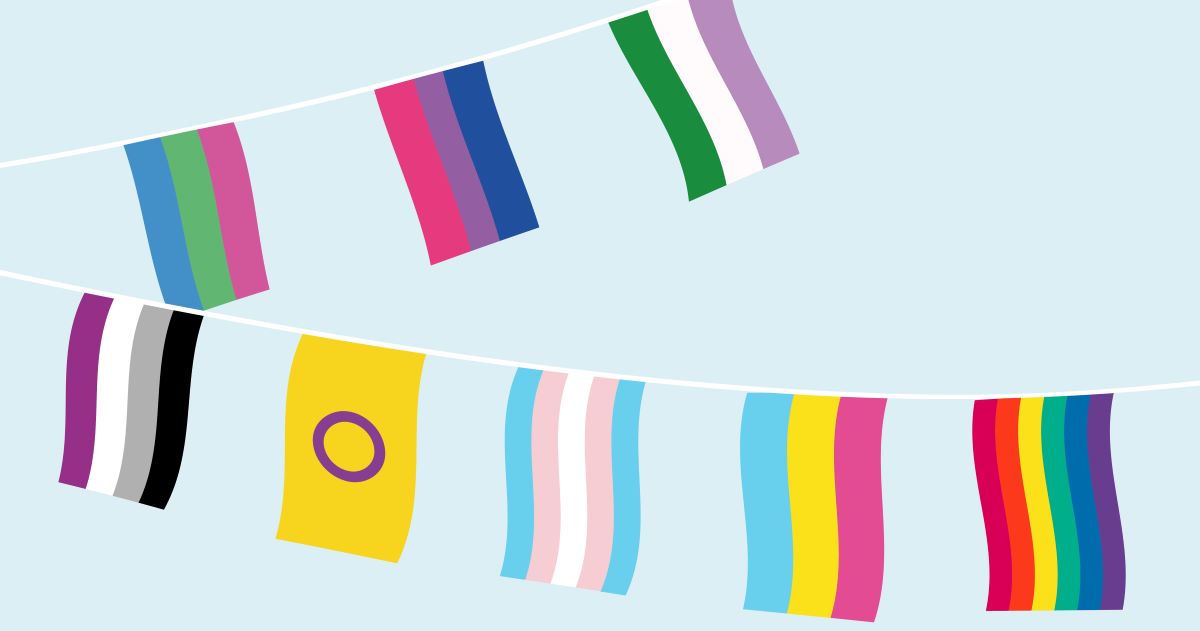Sexual Orientation and Gender Diversity

NASW upholds that sexual orientation, gender identity, and gender expression are real and irrefutable forms of identity. Thus, NASW condemns any and all forms of conversion practices, as they are harmful to the mental health and well-being of LGBTQIA2S+. These practices stand in direct conflict with NASW’s professional code of ethics, and these practices represent a significant risk of harm by subjecting individuals to forms of treatment.
Many LGBTQIA2S+ people live happy and healthy lives. However, LGBTQIA2S+ people can experience unacceptable social, mental health, as well as physical health inequities when compared to those who are not LGBTQIA2S+ Many of these mental health and health inequities are associated with high levels of overt and implicit discrimination against these communities and populations, both at a societal and institutional level.
LGBTQIA2S+ people thrive in social environments where they feel safe, affirmed, respected, and understood. Social workers have an ethical and professional duty to provide evidence-based care impartially and without discrimination, including but not necessarily limited to, on the basis of gender identity and expression, sexual orientation, and sex characteristics.
Social workers have a responsibility to engage in advocacy to ensure that the human rights of LGBTQIA2S+ people be protected from any and all efforts to limit full participation in civic life and related activities that effectively enhance social, physical, and mental health well-being.
This page provides tools and resources to enhance social workers’ capacity to support LGBTQIA2S+ people across the lifespan. The NASW National Committee on Lesbian, Gay, Bisexual, and Transgender Issues is comprised of social workers committed to social justice and inclusion.